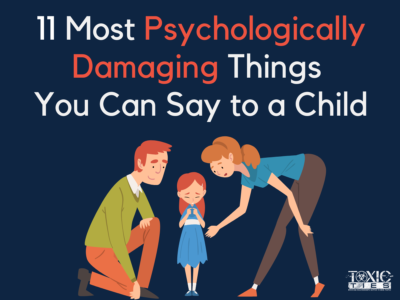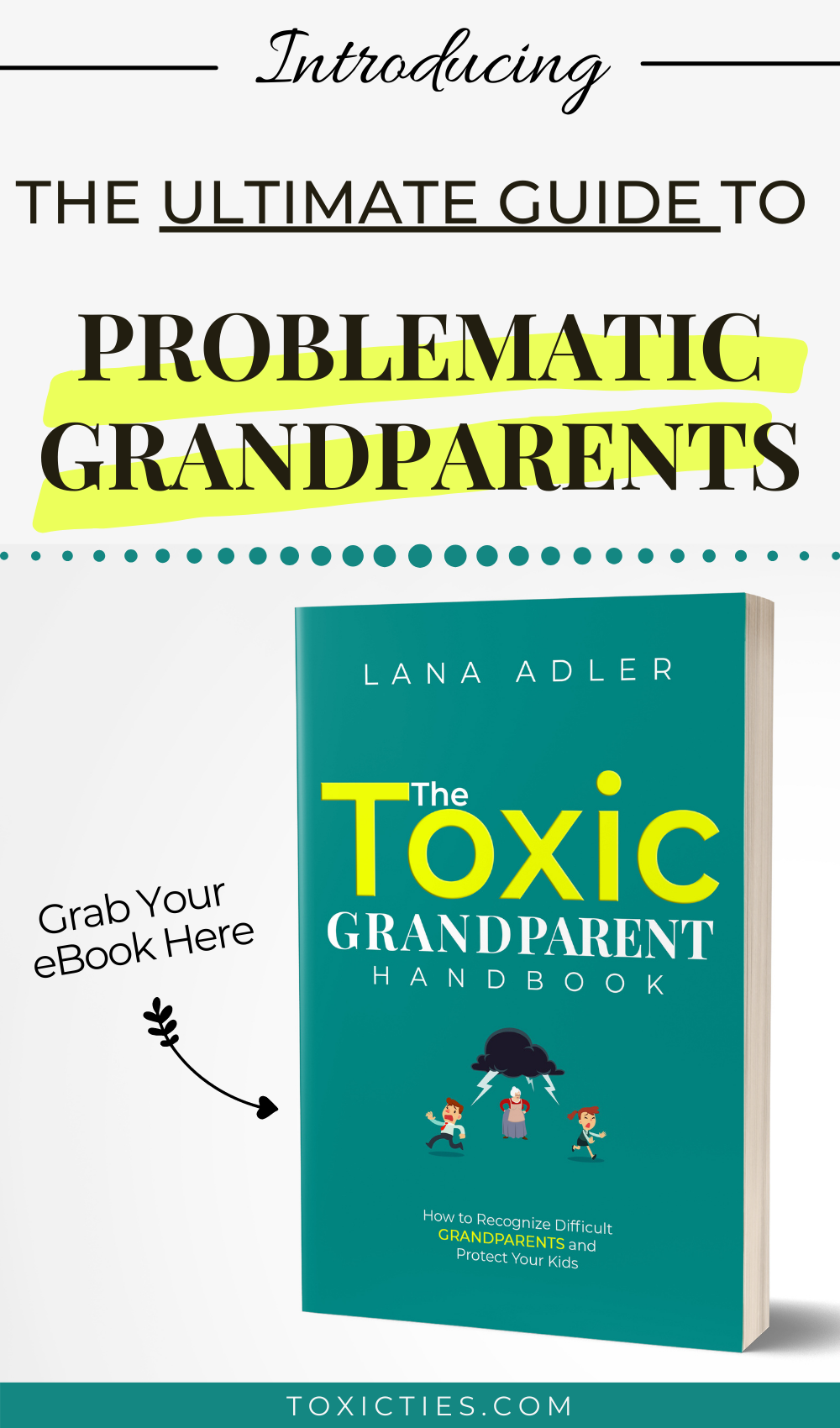Becoming a parent is life-changing. It also redefines who you are as a person. But what happens when adult children leave the proverbial nest and you lose a big part of your self-identity? For many parents, the change results in the “Empty Nest Syndrome.”
What is Empty Nest Syndrome?
For some parents, the joy of raising children who are able to make their own way in the world is short-lived.
As they wave their children goodbye and go back to the empty house, the realization that their children no longer need them starts setting it. That realization can be deeply unsettling and painful, leaving the parent feeling lost and alone.
What they experience is Empty Nest Syndrome (ENS), which refers to the distress over the loss of their identity as a parent and guardian.
The children have outgrown their need of the parent. They are now independent. And while parents will always play a role in their lives, it won’t be the same prominent role.
This bittersweet notion can become the source of grief, loneliness, and even despair.

Who Is Most Susceptible to Empty Nest Syndrome?
Typically, Empty Nest Syndrome is most challenging for parents whose lives revolve around their children. Now that the kids had grown up, the loss of purpose and meaning in life is overwhelming.
Empty Nest Syndrome is also more likely if the parents’ marriage isn’t a happy one. It’s especially true if caring for the children was the only buffer that prevented too much friction between them.
Empty Nest Syndrome can also be aggravated by past hostilities or unresolved conflicts between a parent and their child.
If any sort of bad blood or detachment exists, then both the parent and child may feel the effects of Empty Nest Syndrome.
Children who have not felt the support of their parents will be most affected by this. They can end up feeling like they didn’t get what they needed from their parents growing up. Parents, on the other hand, can have regrets over any inadequacies, perceived or real, they had in their time as parents.
Another common culprit for ENS is the fact that extended families are much more distant from one another in the modern day.
Hence, once children have left home, they leave behind a void in the household that saps the stability of its remaining members. Even younger siblings still in the care of the parents can be affected.
Without anyone else to lean on, the parents can experience profound loneliness and confusion about what to do with themselves.

The Psychology Behind The Syndrome
Empty Nest Syndrome is not an official psychological term. Rather, it’s a blanket term for a cluster of symptoms stemming from the same life event.
Around 66 percent of parents have dealt with the adverse effects of this condition after their children have left home, according to a recent survey of 1,860 individuals.
There are several reasons for this syndrome. But most of them fall into a couple of categories centered around the lack of meaning in a parent’s life beyond raising their children.
This could be simply because they didn’t have enough time for themselves due to the hectic nature of parenting.
Other times, it could be borne from a narcissistic desire to aggrandize themselves by vicariously claiming credit for their children’s accomplishments.
Telltale Signs of Empty Nest Syndrome
It may not always be readily apparent that you are experiencing Empty Nest Syndrome. A lot of the symptoms can be misconstrued as everyday stresses unrelated to your children leaving the nest.
But if you feel like you may be susceptible to Empty Nest Syndrome, watch for these subtle yet telltale signs.
- An uptick in frustration and irritability, particularly towards your spouse or children
- Discomfort over sudden disappearance of control over your child’s movements and actions. It may stem from concern for their welfare and safety. But sometimes it can come from a generally controlling or manipulative attitude.
- Feelings of anxiety and restlessness since your child became a free agent. There could be other factors contributing to these emotions. But if it’s gotten worse since your child has moved away, then it’s likely a symptom of Empty Nest Syndrome.
- Sadness and low energy following your child moving out
- Feelings of regret over parenting mistakes you’ve made while raising your children
- Grief over saying goodbye to your life as a parent
Coping With Empty Nest Syndrome
Everyone works through their experience of Empty Nest Syndrome differently. However, there are a number of tips, tricks, and hacks that apply to most cases.
1. Self-Reflect
Since the syndrome causes emotional distress, it’s important to self-reflect when you find yourself feeling anxious over not having your children around anymore.
You may be experiencing the pain of an empty nest or there may be something else going on in your life. It may be harder to admit having marital problems, for example, than missing your children.
Alternatively, the emotional distress can come from the fear of growing old or entering a new chapter in your life that you don’t feel fully ready for.
2. Rekindle the Romance
The number one thing that many people find effective is to rekindle the romance with their spouses.
If you’re separated or widowed, now may be the best time to date people again. Your schedule has been freed up significantly.
Putting romance back into your life may be difficult if it’s not something you’ve bothered with for a long time. But you might find that it gets surprisingly easy once you’ve gotten in the groove, especially since you have a lot more time to commit to your love life.

3. Work on the Parent-Child Bond
You could also benefit from repairing any strife between you and your children who have left the nest. Now is your chance to treat them as equals and bridge any gaps that were created in your time as their guardian.
Respect their decisions, even if you don’t agree with them. Offer advice, but only when asked. And apologize for any errors in judgment as a parent.
If done successfully, this could heal your relationship with your children. It can also alleviate much of the guilt and regret that can come from ENS.
4. Learn a New Skill or Activity
Another effective way to deal with the symptoms of ENS is to pursue a fulfilling activity. This can also be a great way for couples to strengthen their relationship.
It can be something you’ve always been passionate about or always wanted to try. Or it can even be something that you just decide to pick up on a whim.
Everything from learning how to drive a stick to climbing Mount Kilimanjaro is applicable. As long as it lets you get on with your life and find the gusto in it once more.

5. Get Social
A study of 590 empty-nesters in rural China corroborates this. The study found that loneliness tends to increase as an individual grows older. It also showed that the negative effects were significantly reduced upon increasing one’s social activity.
Elder empty nesters naturally sought more connections with extended family, neighbors, and friends in an attempt to become more outgoing. This adds credence to the hypothesis that much of ENS comes from loosened ties between extended families, and indeed within nuclear families.
6. Seek Support
Finally, seeking support is also advisable. Leaning more on your spouse and becoming more in touch with one another’s emotions are great ways to strengthen yourself for life after parenting.
Always keep in mind that seeking professional help is valid in situations like these. You’re entering a new stage of life that you may not be entirely prepared for. There is no shame in wanting help in going through this transition.

7. Find a New Purpose
The Wuhan study, and others like it, all point to the idea that the best way to overcome the pangs of ENS is to seek a new purpose.
Raising children is a weighty undertaking, and once that journey is complete, the sudden uplifting of that weight can cause a sort of emotional decompression that many do not know how to react to.
So, the remedy many naturally fall into is adding back meaningful pursuits into their lives.
Aside from reinforcing social ties, learning new skills, and creative pursuits, many empty nesters find that they can apply their energies in the realm of government and politics.
Finding a new purpose, whatever it may be, will allow you to go at your own pace: keeping busy but still taking your golden years easy.

Final Thoughts on the Empty Nest Syndrome
Empty Nest Syndrome is mental and emotional stress afflicting an ever-increasing number of parents.
However, research shows that, despite common misconceptions, the empty nest can be a positive step that improves the quality of the parents’ spousal relationship and allows for more leisure time.
However, those who have their identity wrapped up in their parental role have a hard time separating from their children or accepting that the children had grown up.
In these situations, especially as parents become older, they may feel profound anxiety over not having their children around anymore.
They may also feel that their adult children need their guidance. So they continue to be deeply involved in their children’s lives, sometimes against their wishes. This type of enmeshed relationship has a negative impact on adult children, as well as their spouses.
Regardless of the circumstances, ENS exposes the fact that every family has its own issues and challenges to overcome. Parents can be overprotective or untrusting of their children, and couples might not be as connected as they were when they started their family.
But it’s essential to keep in mind that it’s OK to have these challenges. As long as you have the resolve to fix the strains on your relationships, you can eventually develop healthy ties with your partner and kids.
Repairing such ties can take a while. But if you can live with that, you can enter the next exciting stage of life without fear, loneliness, or regret.
About the Author
Jennifer Esther is a writer with professional background in health and social care. She wrote this article to offer all parents help and support to navigate the tricky time when children leave home.
Resources
Whitbourne, S., & Whitbourne, S. (2020). Adult development and aging. Wiley.

NEXT
How to Stop Seeking Love and Validation from Your Narcissistic Parent
Toxic Parenting: 9 Ways to Avoid Repeating Your Parent’s Mistakes








This post was truly worthwhile to read. I wanted to say thank you for the key points you have pointed out as they are enlightening.